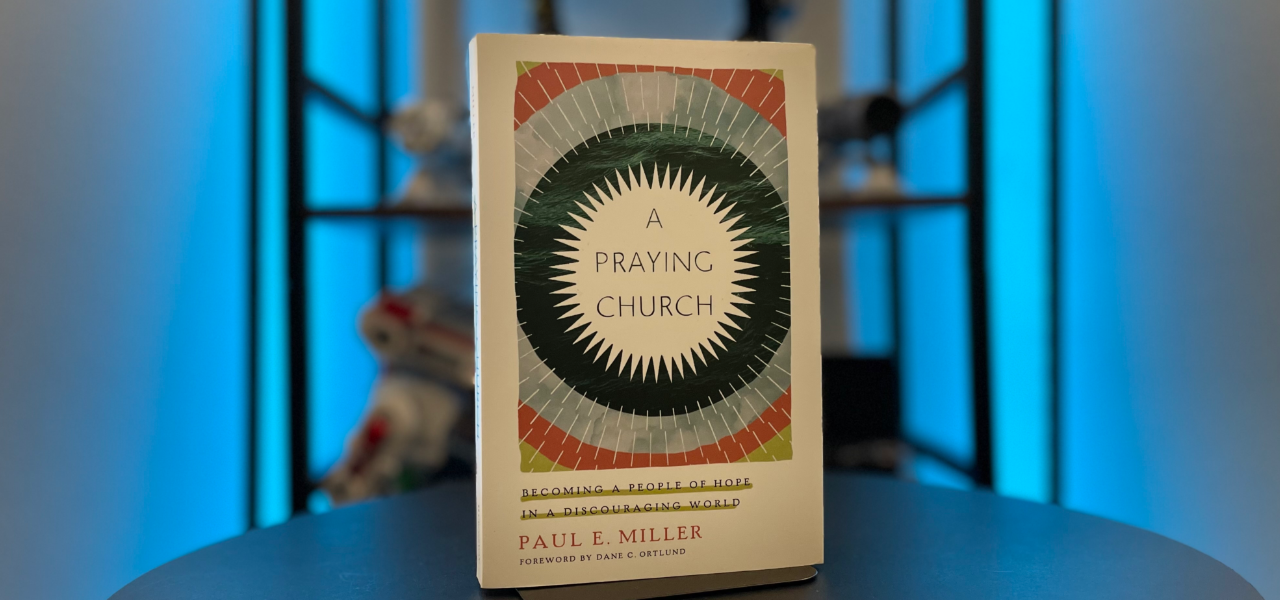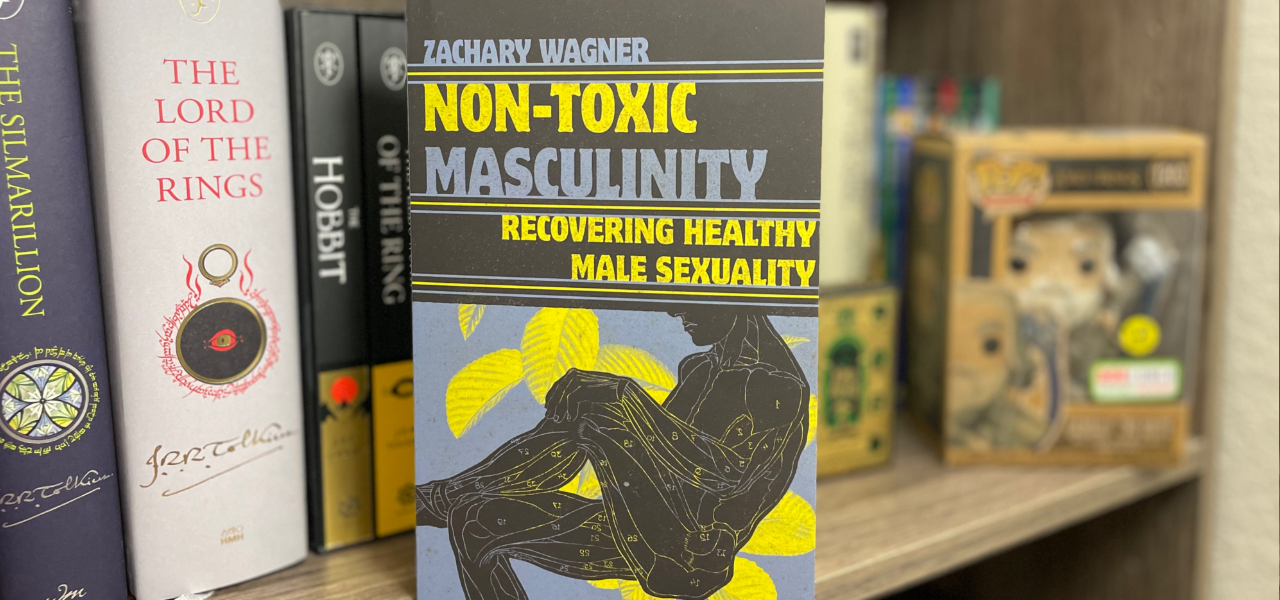The Sum Of Saving Knowledge: A Book Review

In 1650 two Scottish pastors wanted to summarize the Westminster Confession of Faith and Larger Catechism and make it accessible to the average layperson. The result was the little book The Sum of Saving Knowledge. While this book is now largely unknown it most definitely has its place in church history, specifically Scottish Presbyterianism. Several martyrs of the faith mentioned it in their dying words. Robert Murray M’Cheyne wrote in his diary that this little book was instrumental in his conversion. It was so popular when it was written that it was bound with almost every edition of the Westminster standard for centuries.
The book has 4 chapters that explain how a person can come to saving faith, have the assurance of saving faith, and what the fruit of saving faith looks like. This book is a seventeenth-century, reformed way of saying: “this is what you need to know regarding salvation.” It’s very easy to read and comprehend in one setting (I did it in two. There was a trampoline break with the kids in the middle.) This little book would also make a great devotional tool because each chapter has several sections that begin with a verse of Scripture, an explanation of the verse, followed by an application section.
Crown and Covenant has recently republished this work in a gorgeous hand-sized gift edition in modernized English. I always enjoy reading older theological works. As I was reading this I could sense the pastoral heart of the two pastors who wrote it. It was clear they were striving to create an accessible and concise work of theology that would point many to Jesus. They succeeded. Crown and Covenant has also created a free PDF study guide to go along with this reprinting that you can download on their website. Even for those who, like myself, are not Presbyterian or reformed in the most commonly used sense of the word, this is still a great addition to your library. The historic significance of this work alone makes it worth having.




